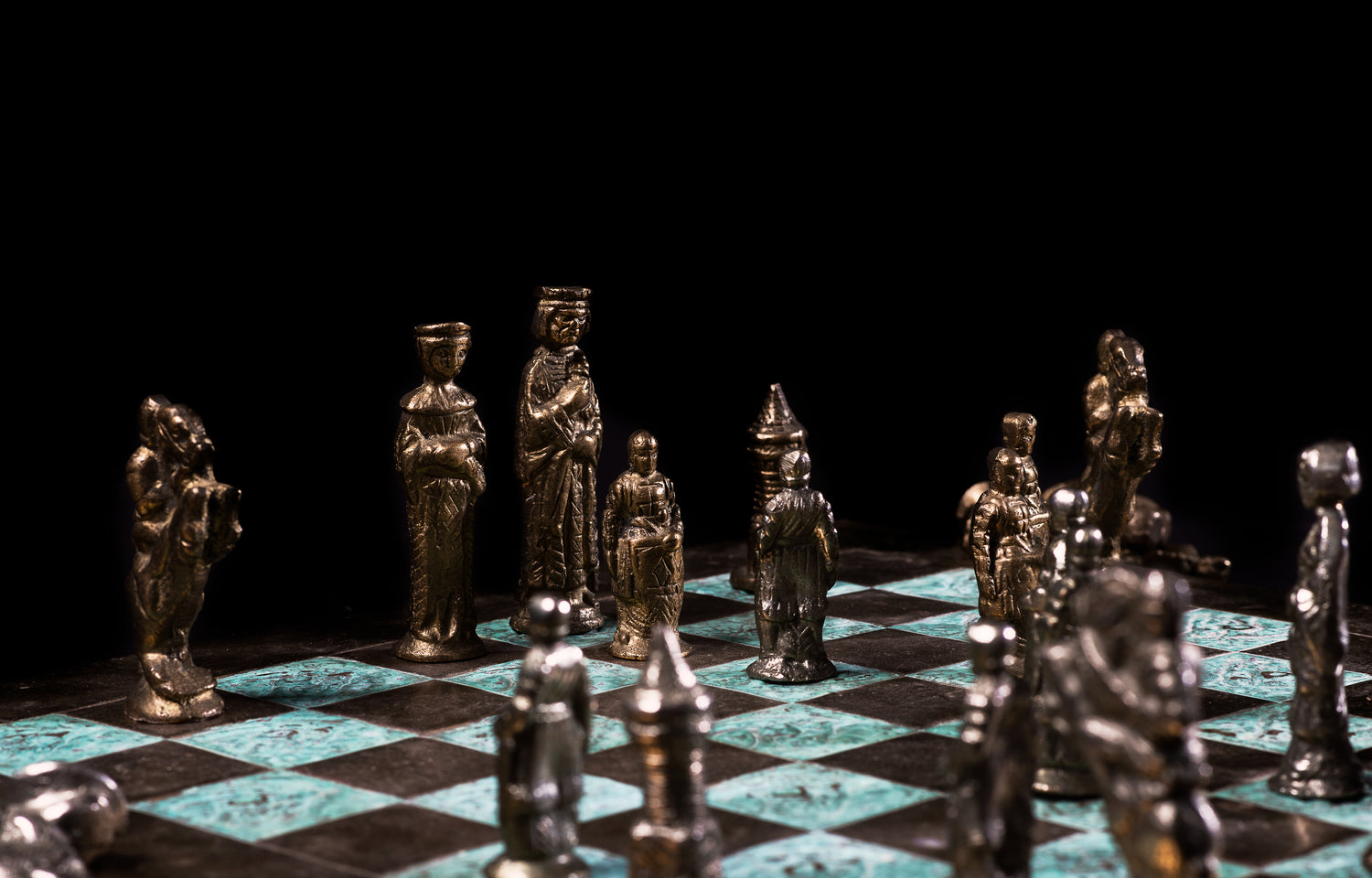Since chess is such an intellectually stimulating game, it should not be a surprise that the game can have some positive effects on the mind. Chess players may not even realize that the game can have many possible benefits and a chess player can use what he/she learns on that board, in everyday life.
The benefit of chess can have some impacts that the player barely even realizes. For example, playing chess can result in increased problem-solving skills. When deciding moves on the board, it’s important to keep certain pieces safe, move certain pieces accordingly. Sounds familiar? Let’s associate that idea to life: When working and maintaining survival, one of the main things to do is stay afloat and make good choices. Problem-solving skills in life are very comparable to the problem-solving skills used in chess. Many chess players view multiplication tables differently than nonplayers. To them, a multiplication table is a slate to apply a strategy.
Another example: Playing chess in a social setting requires you to interact with others, and this, too, can be an advantage of playing the game. Playing chess may help adults and even children socialize better with others; especially others who share their same interests. People who have problems with socializing may gain more. Imagine an introvert becoming an avid chess player. With social action comes social development. Even if a person or a child has a problem expressing themselves, they may find a better way to do it through the chessboard, where they otherwise could not.
Due to the many ways that chess can stimulate the brain, it can be good to help lead people down different avenues of thought. One of the main things a chess player can bring to the table is a different perspective, an alternate train of thought, something new that everyone else at the table had not thought of before. That is because of the sheer number of alternatives that chess forces a player's brain to experience on a daily basis. It might lead a chess player to be far more open and accepting in their thinking, instead of being narrow-minded and only focusing on one solution to a problem or issue in a discussion.
To be clear, just because someone chooses the game of chess does not guarantee a sense of intellect. In fact, for most avid players, chess can be the only thing that he/she is into it that could even be categorized as intellectually stimulating. What it does mean, however, is that playing chess could easily create a better understanding of how to strategize in everyday life.

